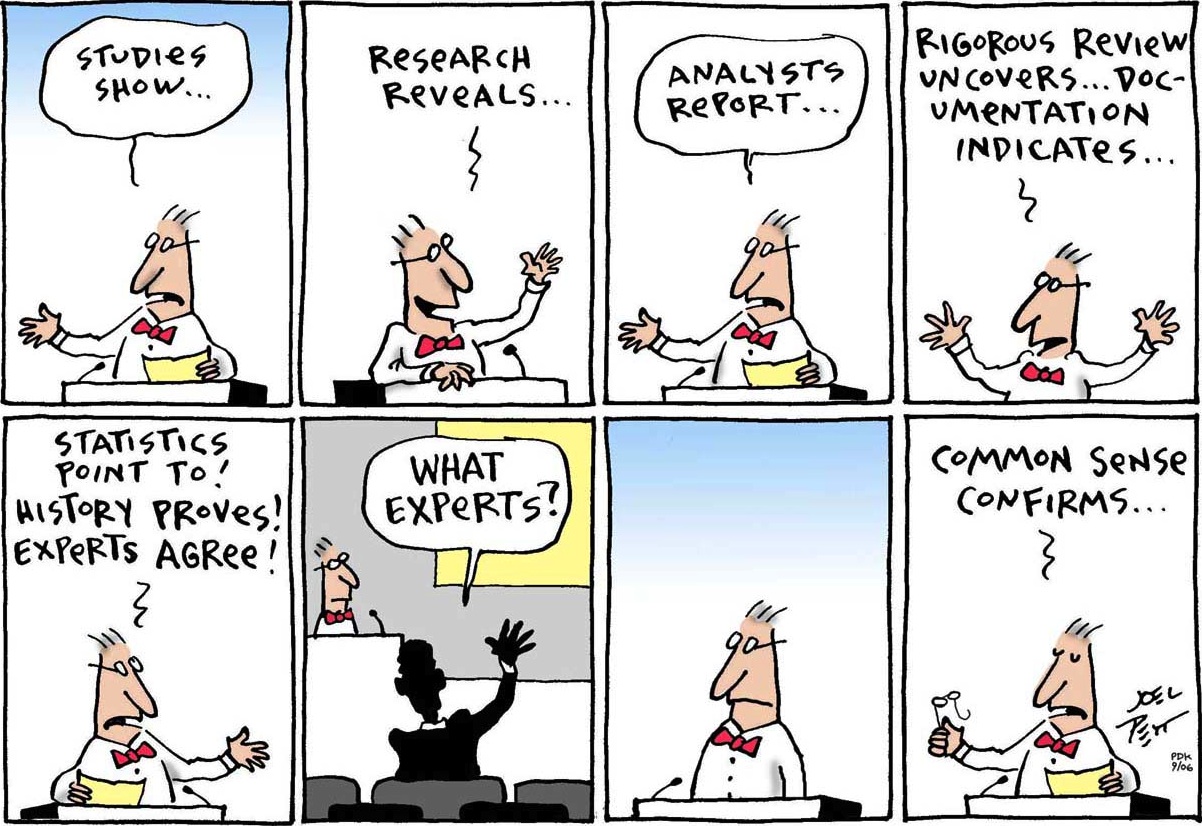In response to charges that their field is churning out unreliable science, psychologists this month issued a defense that may be tough to dispute. At issue was a claim, published in the journal Science, that only 39 of 100 experiments published in psychology papers could be replicated. The counterpoint, also published in Science, questioned the assumption that the other 61 of the results must have been wrong.
If two experimental results are in conflict, who's to say the original one was wrong and not the second one? Or maybe both are wrong if, as some argue, there's a flaw in the way social scientists analyze data.
This is an important puzzle, given the current interest in drawing conclusions from huge sets of data. And it's not just a problem for psychologists. Researchers have also had trouble replicating experimental results in medicine and economics, creating what's been dubbed "the replication crisis."


















With your current subscription plan you can comment on stories. However, before writing your first comment, please create a display name in the Profile section of your subscriber account page.